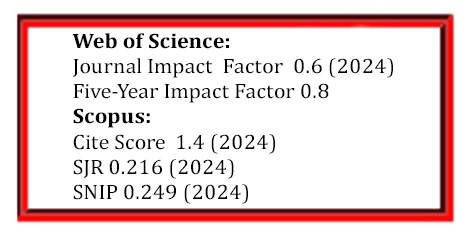Softening of Silica Filled Styrene-Butadiene Rubber under Uniaxial Cyclic Loading
DOI:
https://doi.org/10.5755/j01.ms.22.2.7953Keywords:
filled rubber, Mullins effect, stress softening, hysteresis lossesAbstract
Stress-strain behaviour of silica filled styrene-butadiene rubber showed strong hysteresis and cyclic softening, while these effects were almost negligible for the neat rubber. Significant Mullins effect occurs between the first and second loading cycles, whereupon samples reach their steady state after four repeated cycles. The degree of softening increases with volume content of silica characterizing the softening effect as a breakdown of the filler-formed microstructure defined by both, specific interactions in the filler associations and between the filler and rubber matrix. Contribution of different damage mechanisms to the total energy losses on different stages of extension was estimated by strain dependences of the hysteresis losses for different loading cycles. At the very beginning of deformation, energy losses of the filled rubber are associated with intensive destruction of the filler associations, while under large elongations the main contribution comes from the breakage of bonds between the rubber chains and fillers and from the rubber internal viscosity. After repeated loading-unloading cycles, the material structure is practically recovered in each cycle and hysteresis losses are caused by changes in the rubbery phase only. Ability of the neat and filled rubber to almost completely restore their structure is confirmed by reversible volume changes. Keywords: filled rubber, Mullins effect, stress softening, hysteresis losses.
Downloads
Published
Issue
Section
License
The copyrights for articles in this journal are retained by the author(s), with first publication rights granted to the journal. By virtue of their appearance in this open-access journal, articles are free to use with proper attribution in educational and other non-commercial settings.



